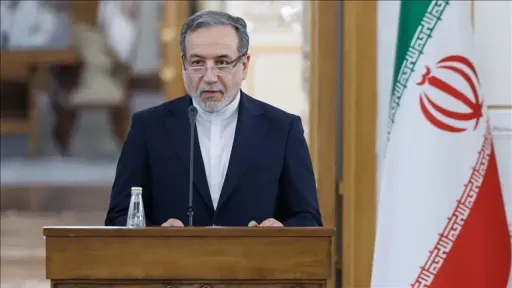A recent report by the Council on American-Islamic Relations (CAIR) sheds light on how the FBI predominantly targets Muslims in its Terrorism Screening Database and No-Fly List. The report reveals that more than 98 per cent of the individuals on the watchlist are Muslims, with the No-Fly List being over 99 per cent Muslim.
The intense scrutiny and profiling Muslims face in the name of national security have ignited concerns about its effectiveness.
According to the report, even though federal law enforcement officials have consistently identified white supremacists as the primary terrorist threats to the US nation, the focus disproportionately targets Muslims based on race and religion.
Unjust designation
The No-Fly List, an extension of the watchlist, imposes a severe punishment on individuals by restricting their right to fly, despite no evidence of their involvement in actual or attempted crimes. Innocence and non-involvement are insufficient to escape the profiling, as being Muslim is often the sole criterion for being listed by the FBI. The consequences of this designation are far-reaching and traumatic for those affected.
Coercion and harrasment
Individuals on the watchlist often face visits from FBI agents who attempt to manipulate their watchlist status to coerce them into becoming informants. The case of Yahya Wehelie, a US citizen of Yemeni descent, exemplifies this coercion.
Wehelie was stopped while changing planes in Egypt in 2010 and prevented for eleven weeks from returning home without explanation.
Upon his return, FBI agents approached him, pressuring him to gather information on the Muslim community. Such tactics not only infringe upon civil liberties but also perpetuate fear and mistrust within Muslim communities.
Global consequences and injustices
The impact of the watchlist extends far beyond US borders, affecting the lives of Muslims worldwide.
Saadiq Long, for instance, faced significant challenges due to his watchlist status. Flight bans prevented him from visiting his critically ill mother in Oklahoma, forcing him to undertake arduous overland journeys.
Saadiq’s status led to his detention, loss of his visa, and barriers to obtaining licenses and permits for his work.
Others, like Abdulkadir Nur, have faced extensive searches and interrogations at US airports for over a decade since 2008 without confirmation of their watchlist status or removal from it.
Nur, a Somali-born US citizen, was part of a United Nations relief convoy in Somalia that local insurgents raided; he was questioned in the subsequent investigation but never accused of wrongdoing.
These cases highlight the widespread, enduring injustices caused by the watchlist system.
High-profile cases and discrimination
Even prominent figures are not exempt from the discriminatory impact of the watchlist. Prospect Park Mayor Mohamed Khairullah, America’s longest-serving Muslim mayor, was disinvited from a White House Eid al-Fitr celebration due to his watchlist status.
Calls for an explanation and review of his status remain unanswered, further perpetuating a lack of transparency and accountability.
Additionally, individuals on the watchlist face accessing military bases, public buildings, and other government-secured areas, further marginalising and stigmatising them.
Institutionalised Islamophobia
The ‘no-fly list’ and the broader war on terror discourse contribute to the institutionalisation of Islamophiba, perpetuating racial and religious profiling against Muslim communities.
By assuming inherent violence in Muslims based on their religion, this discourse justifies state violence and the surveillance of Muslims domestically and internationally.
The targeting of Muslims based on their personal information, associations, and birthplace reinforces negative stereotypes and treats entire communities as suspects.
The No-Fly List and the broader watchlist system raise fundamental questions about the ethics and efficacy of national security practices. Racial and religious profiling not only undermines civil liberties but also fails to address the root causes of terrorism.























